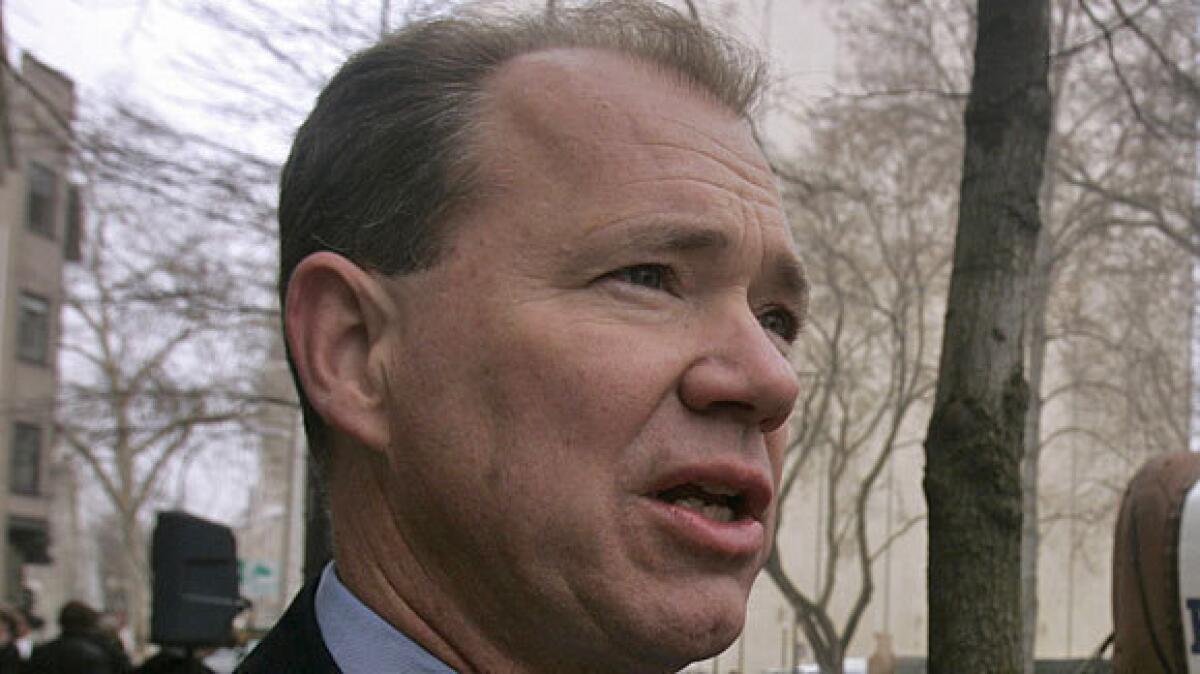Budget deal seeks to freeze UC, CSU tuition

- Share via
SACRAMENTO — California’s public universities could lose out on an extra $125 million in state funds if they hike tuition in the fall under a budget agreement that legislative leaders have reached with Gov. Jerry Brown.
Lawmakers and the governor have no authority over tuition. The deal represents a bold attempt to use the state budget in their ongoing effort to force the University of California and California State University systems to keep the price of higher education in check.
Details of the plan, which is expected to pass the Legislature in coming days, were released by the Assembly on Monday. The proposal includes significant caveats.
The money would be available next summer, but only if voters approve billions of dollars in tax increases in November; otherwise, there would be no cash infusion beyond the money already in the budget for the campuses. The proposal thus gives Brown and his fellow Democrats another selling point in their campaign for higher levies.
In addition, it is unclear whether university officials — who had not been briefed on the plan as of Monday afternoon — will agree to freeze tuition. The budget passed by the Legislature on June 15 already calls for the universities to take a $500-million hit if voters reject more taxes.
The Cal State Board of Trustees has raised tuition 9.1% for the fall. Officials said that rescinding the increase may not be feasible.
“We haven’t actually seen the final budget language, but if it’s as described, we’re being asked to do the impossible here,” said Cal State spokeswoman Claudia Keith. “We passed a tuition increase that goes into effect this fall. We’ve already collected that money from our continuing students.”
University of California officials, too, raised concerns. UC spokeswoman Dianne Klein said the system may not be able to afford to hold off on a tuition increase on the promise that it would get money in the future. The UC Board of Regents had discussed the possibility of avoiding a 6% tuition increase if an additional $125 million were available in the budget year that starts Monday.
But because the money would not be available until the next budget year, “there’s still a hole that we have to fill,” Klein said.
The deal was cheered by student advocates.
“This gives UC every tool it needs to freeze tuition this year, and they know it,” said Charlie Eaton, a graduate student in sociology at UC Berkeley and spokesman for the UC Student-Workers Union.
The UC regents are expected to vote on fall tuition as early as mid-July, when the board meets next.
Tuition at California’s public universities has more than tripled over the last decade. In the UC system, costs have gone from just under $4,000 in 2001 to more than $13,000 in the 2011-12 school year and from about $1,400 to $4,440 in the Cal State system.
A spokesman for Assembly Speaker John A. Pérez (D-Los Angeles) said in a statement Monday that the new agreement is an important step to keep costs at public universities relatively modest while state resources are scarce.
“The speaker strongly believes that maintaining accessible and affordable higher education is essential for our economic recovery and for our future prosperity,” said the spokesman, John Vigna.
Opponents of the governor’s November tax measure said the new agreement was just another way to try to scare voters into supporting the initiative.
“This is a prime example of the governor using kids as human shields,” said Jon Coupal, president of the Howard Jarvis Taxpayers Assn. “But voters can see through these kind of threats, and I don’t think they’re going to buy it.”
More to Read
Sign up for Essential California
The most important California stories and recommendations in your inbox every morning.
You may occasionally receive promotional content from the Los Angeles Times.













